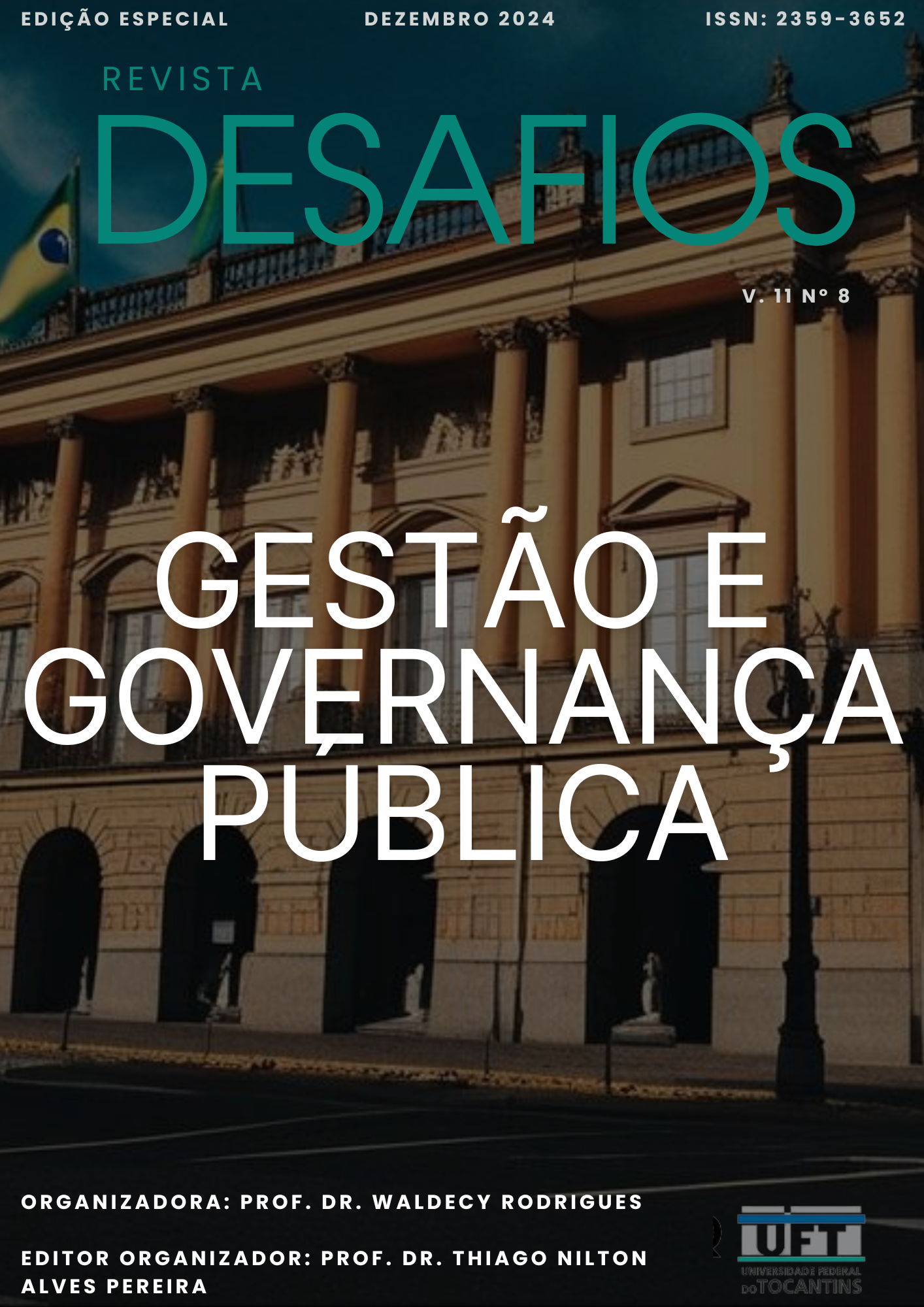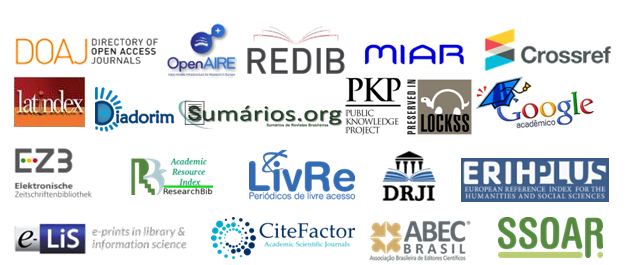INNOVATION IN URBAN POLICY: THE EMERGENCE OF I-LABS AS INSTRUMENTS OF MANAGEMENT AND GOVERNANCE
DOI:
https://doi.org/10.20873/DGGP_2024_11_11Abstract
The article explores the rise of innovation laboratories (i-labs) as tools for innovation in urban policy, addressing the complex challenges of modern cities, such as inequality, environmental degradation, and fiscal constraints. The study uses institutional analysis to examine 33 i-labs across 30 global cities, revealing their role in experimenting with collaborative and agile approaches in urban public policy formulation. Using design thinking and experimental methods, these laboratories facilitate integrating government and society, creating an environment conducive to innovation in urban policies. The results indicate that, although many i-labs have a limited lifespan, some achieve stability by becoming institutionalized, ensuring the continuity of their practices. In conclusion, i-labs can be strategic instruments for more participatory and socially responsive urban governance, contributing to locally tailored urban policies and strengthening local governments' capacity to address contemporary crises.
Downloads
Published
How to Cite
Issue
Section
License
Copyright (c) 2024 Geraldo Pougy, Mario Prokopiuk

This work is licensed under a Creative Commons Attribution-NonCommercial 4.0 International License.
Autores que publicam nesta revista concordam com os seguintes termos:
1. Autores mantém os direitos autorais e concedem à revista o direito de primeira publicação, com o trabalho simultaneamente licenciado sob a Creative Commons Attribution License (CC BY-NC 4.0), permitindo o compartilhamento do trabalho com reconhecimento da autoria do trabalho e publicação inicial nesta revista.
2. Autores têm autorização para assumir contratos adicionais separadamente, para distribuição não-exclusiva da versão do trabalho publicada nesta revista (ex.: publicar em repositório institucional ou como capítulo de livro), com reconhecimento de autoria e publicação inicial nesta revista.
3. Autores têm permissão e são estimulados a publicar e distribuir seu trabalho online (ex.: em repositórios institucionais ou na sua página pessoal) a qualquer ponto posterior ao processo editorial.
4. Além disso, o AUTOR é informado e consente com a revista que, portanto, seu artigo pode ser incorporado pela DESAFIOS em bases e sistemas de informação científica existentes (indexadores e bancos de dados atuais) ou a existir no futuro (indexadores e bancos de dados futuros), nas condições definidas por este último em todos os momentos, que envolverá, pelo menos, a possibilidade de que os titulares desses bancos de dados possam executar as seguintes ações sobre o artigo:
a. Reproduzir, transmitir e distribuir o artigo, no todo ou em parte sob qualquer forma ou meio de transmissão eletrônica existente ou desenvolvida no futuro, incluindo a transmissão eletrônica para fins de pesquisa, visualização e impressão;
b. Reproduzir e distribuir, no todo ou em parte, o artigo na impressão.
c. Capacidade de traduzir certas partes do artigo.
d. Extrair figuras, tabelas, ilustrações e outros objetos gráficos e capturar metadados, legendas e artigo relacionado para fins de pesquisa, visualização e impressão.
e. Transmissão, distribuição e reprodução por agentes ou autorizada pelos proprietários de distribuidoras de bases de dados.
f. A preparação de citações bibliográficas, sumários e índices e referências de captura relacionados de partes selecionadas do artigo.
g. Digitalizar e / ou armazenar imagens e texto de artigo eletrônico.


